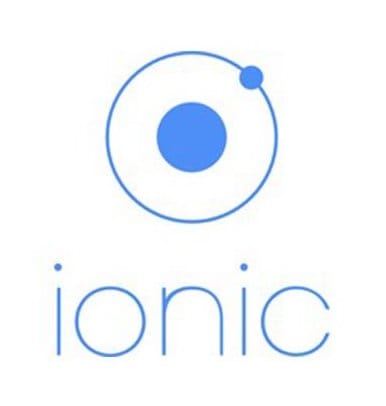How To Install Ionic Framework on Ubuntu 22.04 LTS

In this tutorial, we will show you how to install Ionic Framework on Ubuntu 22.04 LTS. For those of you who didn’t know, the Ionic framework is an open-source UI toolkit for building mobile and desktop applications using core web technologies like HTML, CSS, and JavaScript. Ionic comes with integrations for popular frameworks like Angular, React, and Vue and is one of the more popular frameworks amongst developers today in the mobile applications field.
This article assumes you have at least basic knowledge of Linux, know how to use the shell, and most importantly, you host your site on your own VPS. The installation is quite simple and assumes you are running in the root account, if not you may need to add ‘sudo‘ to the commands to get root privileges. I will show you the step-by-step installation of the Ionic Framework on Ubuntu 22.04 (Jammy Jellyfish). You can follow the same instructions for Ubuntu 22.04 and any other Debian-based distribution like Linux Mint, Elementary OS, Pop!_OS, and more as well.
Prerequisites
- A server running one of the following operating systems: Ubuntu 22.04, 20.04, and any other Debian-based distribution like Linux Mint.
- It’s recommended that you use a fresh OS install to prevent any potential issues.
- SSH access to the server (or just open Terminal if you’re on a desktop).
- A
non-root sudo useror access to theroot user. We recommend acting as anon-root sudo user, however, as you can harm your system if you’re not careful when acting as the root.
Install Ionic Framework on Ubuntu 22.04 LTS Jammy Jellyfish
Step 1. First, make sure that all your system packages are up-to-date by running the following apt commands in the terminal.
sudo apt update sudo apt upgrade sudo apt install build-essential curl file git
Step 2. Installing Node.js.
Now add the Node.JS repository using the command below:
curl -fsSL https://deb.nodesource.com/setup_16.x | sudo -E bash -
After the repository is added successfully, run the following command to install Nodejs on Ubuntu 22.04:
sudo apt install nodejs
The next step is to update the npm version:
sudo npm install npm@latest -g
Confirm the npm and node are installed with the command:
npm --version node --version
Step 3. Installing Cordova with NPM.
In this step, execute the following command on your terminal to install Cordova on Ubuntu:
sudo npm install -g cordova
Step 4. Installing Ionic Framework on Ubuntu 22.04.
By default, the Ionic Framework is not available on Ubuntu 22.04 base repository. Now install Ionic Framework on Ubuntu using the npm command:
sudo npm i -g @ionic/cli
Once the installation is completed, let’s check the Ionic version:
ionic -v
Step 5. Create Sample Ionic Framework Project.
Now, you need to create a new Ionic application on your computer by running the following command:
ionic start
Follow the wizard:
- The select framework between React and Angular.
- Now, enter a name for your new application
- Select a starter template. The details of each template are listed on the screen.
- Then, Integrate your new app with Capacitor to target native iOS and Android?
Finally, run the below command from your application directory:
cd ionic-app ionic serve --host 0.0.0.0 --port 8100
Congratulations! You have successfully installed Ionic. Thanks for using this tutorial for installing the Ionic Framework on Ubuntu 22.04 LTS Jammy Jellyfish system. For additional help or useful information, we recommend you check the official Ionic website.